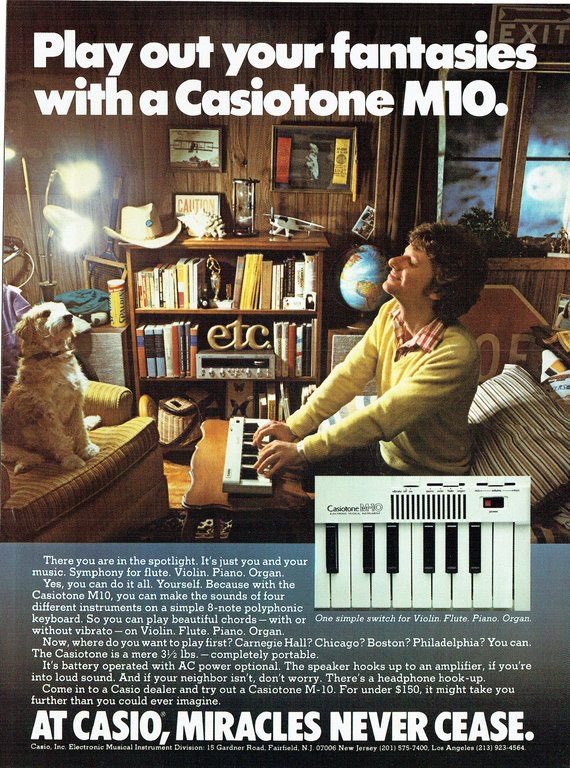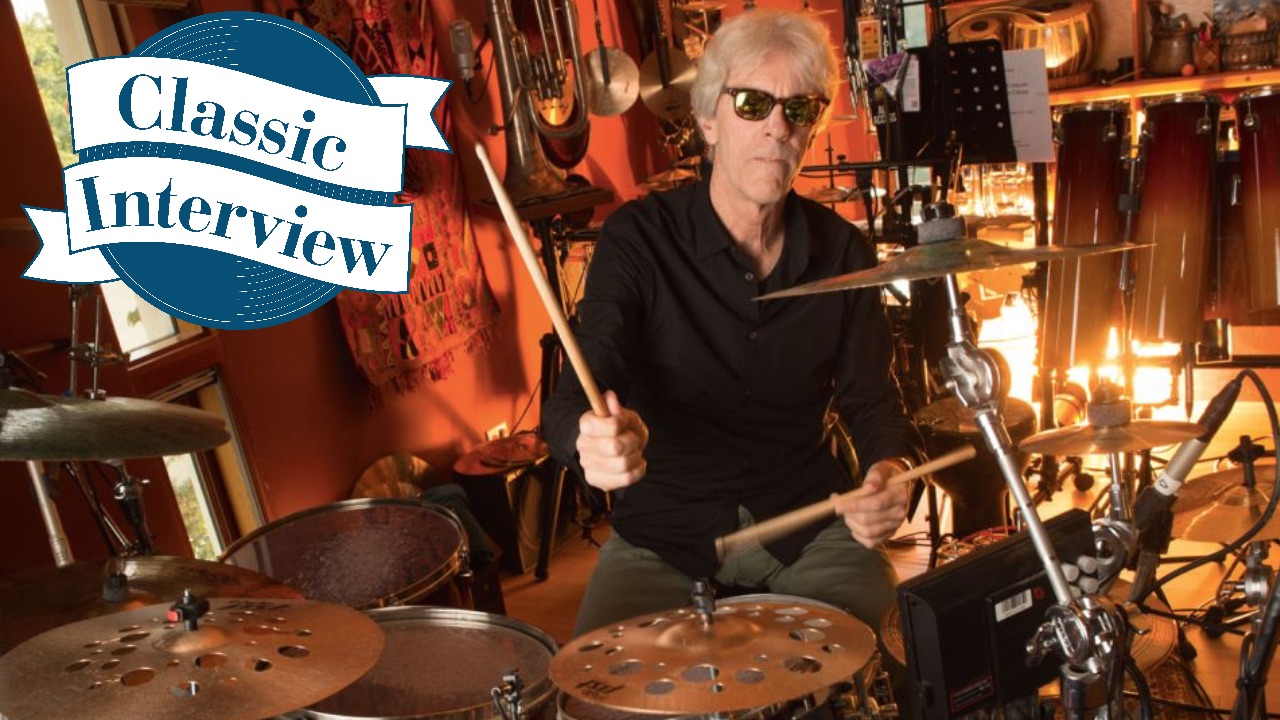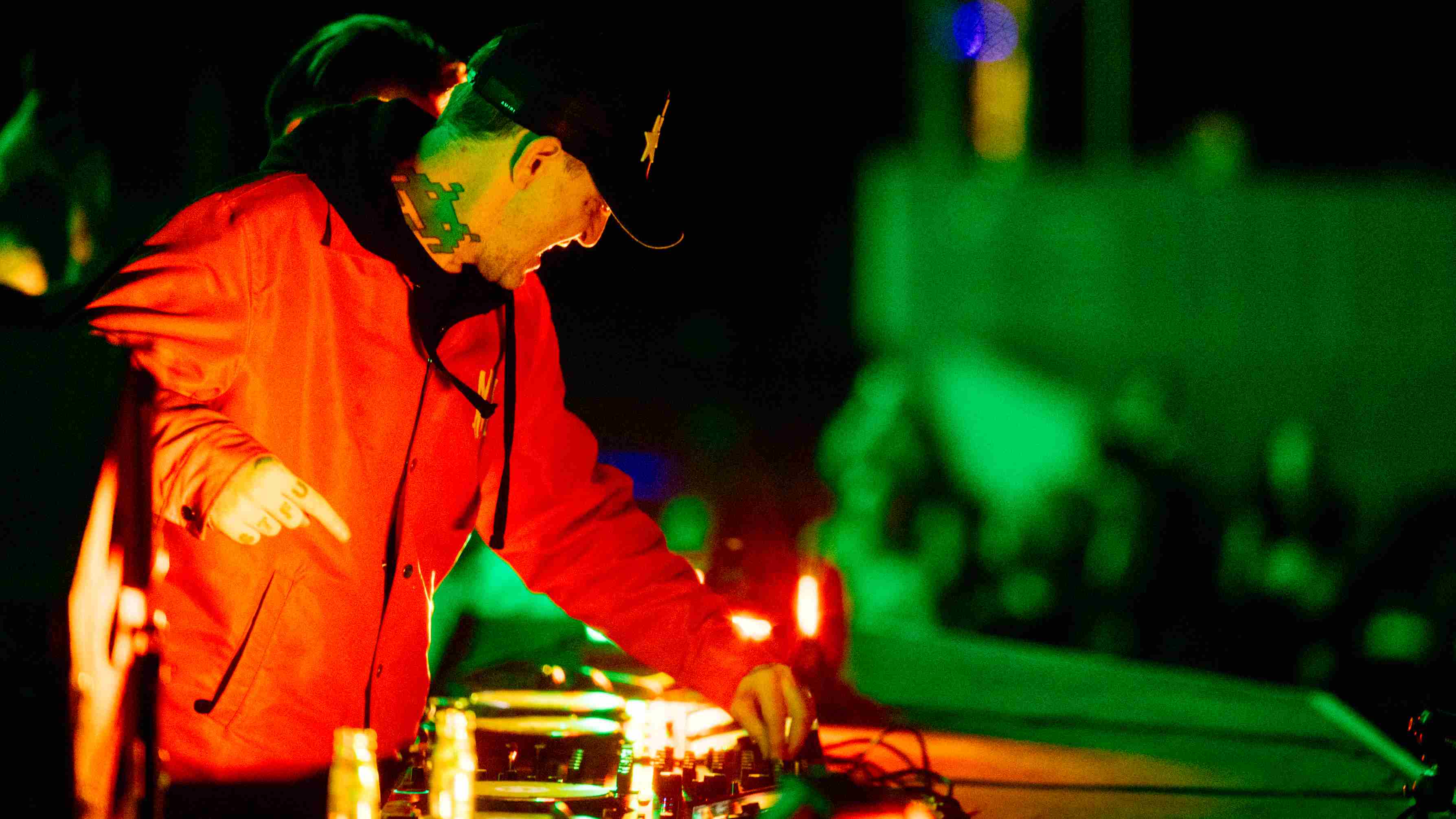The 'difficult' Police hit based on a 1980 Casiotone synth preset: "The first song written by AI," reckons Stewart Copeland
"Those little riffs that they had on them are really cool"

Stewart Copeland can talk. He's a high-energy ball of anecdotes, unafraid to look back and honestly sift the highlights of his storied career.
Now, in a fascinating head-to-head with Rick Beato ("I don't do interviews, I do discussions"), he's been spilling the beans again, across many topics including how one pivotal Police song was based on a simple preset pattern from an early Casio keyboard - though even the ebullient drummer admits calling it AI just might be stretching it.
"Spirits in the Material World was, in a way, written by AI," says Copeland. "OK.... a very crude form of it... Casio used to make these little keyboard players - they're that big [waves fingers].
"The ones they make now are too complicated. They have too many things. But in those days... they played a little rhythm... and if you hit the black key, it does the minor version of it. And if you hit two black keys it does it with a seventh."
"He [Sting] wrote the song with a Casio. It was really inspiring... Those little riffs that they had on them are really cool."
Naturally, that was just a starting point for Sting, as Copeland makes clear: "Now, he wrote a lyric of great socio-political import. Yep, that bassline did not come from Mr Casio.
"But the inspiration of the song came from him doodling on a Casio."
Get the MusicRadar Newsletter
Want all the hottest music and gear news, reviews, deals, features and more, direct to your inbox? Sign up here.
So, most importantly, which was the inspirational Casio in question? Deploying a potent mix of technical smarts, deep music knowledge and, yes, the internet, we've identified the synth in question as the Casiotone M10, an 8-note polyphonic keyboard so unassuming it's even absent from Casio's own timeline.

In fact, from humble beginnings, Spirits evolved into one of the band's most challenging songs, one that's testing players of the highest calibre to this day.
"It's on the knife's edge, there's no downbeat," says Copeland. "It's all up, up, up, up. When I play it with the orchestra, and there's a keyboard player, you know, reading his chart - they can't get it half the time! They just can't stay up there, you know.
"Even Andy [Summers] found that challenging at first. He can play it in his sleep now, but at first it was very difficult."
In fact, that Casiotone M10 was directly behind at least one more big Police tune in the Ghosts in the Machine period. Often seen in footage of sessions at doomed AAA recording studio AIR Montserrat, it also provided the compositional chassis for, among others, King of Pain.
Discussing his mallet part on the track, Copeland told Songfacts, "Those chords Sting had on a little Casio, which has a kind of clinky sound, We thought, 'Let's make it a little more organic and play it on the xylophone.'"
Of course, presets are almost certainly lurking somewhere in the background of more of your favourite songs than you think and there's no shame in taking inspiration wherever you find it - just ask Damon Albarn.

I'm lucky enough to be MusicRadar's Editor-in-chief while being, by some considerable distance, the least proficient musician on the editorial team. An undeniably ropey but occasionally enthusiastic drummer, I've worked on the world's greatest music making website in one capacity or another since its launch in 2007. I hope you enjoy the site - we do.
“A purpose-built solution for bassists seeking unparalleled sound-shaping capabilities”: Darkglass Electronics unveils the Anagram Bass Workstation – a state-of-the-art multi-effects for bass guitar with neural amp model support and a 7” touchscreen
GAK is gone: UK music store giant GAK just got bought by Gear4music for £2.4 million













